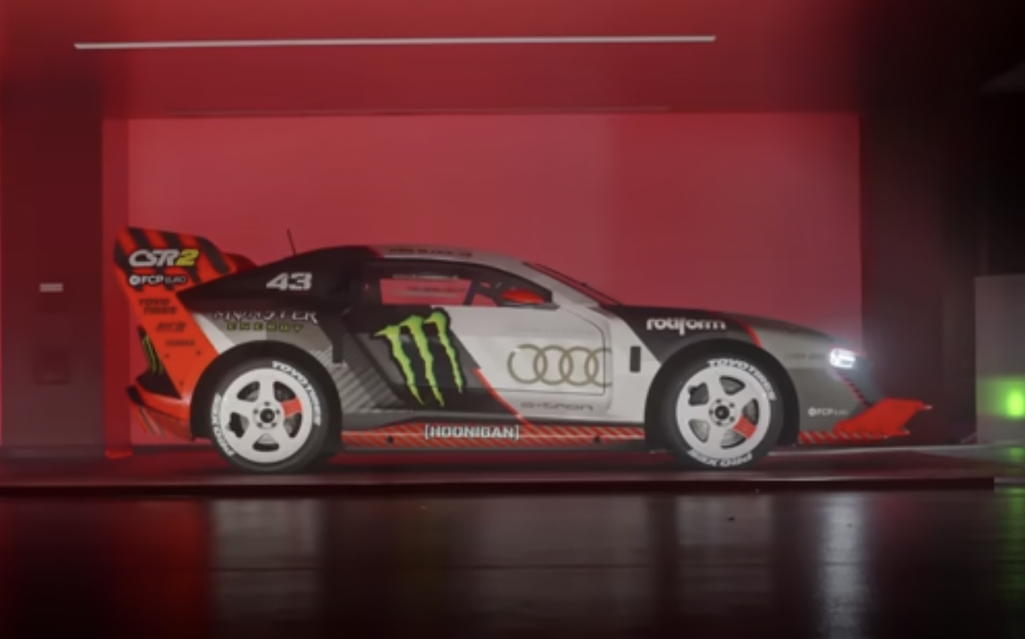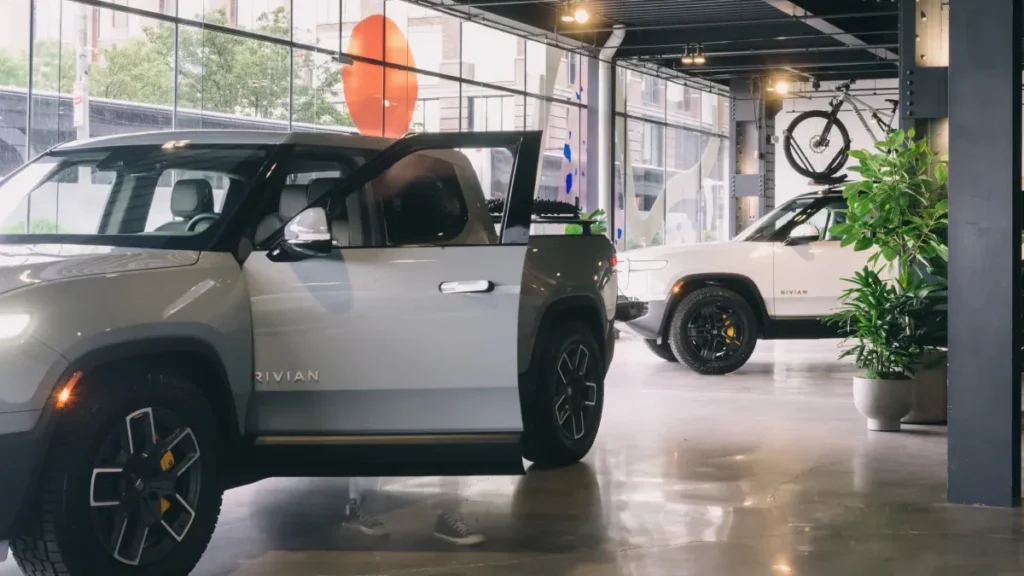Electric vehicle (EV) sales are going through the roof in Australia. This is causing huge changes in the car industry, and more mechanics are learning new skills to keep up with the changing fleet.
In 2023, more than 7% of new cars sold in Australia were electric vehicles. The federal government says there are now more than 170,000 EVs on the roads of Australia.


But the rise in fame is fairly new, which makes people wonder if there will be enough technicians who can work on EVs and what their jobs will be like in the years to come.
Geary Marson, a mechanic in Sydney, has been working on gasoline and diesel engines for more than 30 years. About five years ago, he switched to working on electric vehicles.
At that point, there weren’t many EVs on the roads in Australia, but he knew that wouldn’t last for long.
“A lot of talk was going on, very low volumes of electric cars were around, but I could see that eventually that was going to have to change, and it has,” said Mr. Marson.
Since then, he has opened a workshop in Western Sydney that only works on electric and hybrid cars, and the business has been slowly growing.
He had to pay a lot of money to get the new skills—he had to go to the US for specialized training—but he said they put him ahead of the curve in a business that is always changing.
“For older technicians like myself, some are waiting to retire, pretty much, [but] it’s going to be difficult to attract young talent and for them to train up extensively in the industry,” he stated.
Focus on improving the skills of current employees and keeping them.
A lot of people in the automotive and vocational education fields are trying to close the gap because the number of EV repairs is going to grow very quickly.
Ian Price is in charge of EV training courses for the Motor Traders Association of NSW. He is teaching new mechanics and helping current ones get better at what they do.
“They know that they’ve got to keep up, they can’t lag,” he said.
“There certainly is a pathway for the technicians, regardless of age, to upskill and become competent working on these battery electric vehicles.”
A lot of people in the business are quick to dispel any idea that electric cars could make auto repair jobs obsolete.
About 3,000 automotive trainees are learning how to work on both internal combustion engine vehicles (ICEVs) and electric vehicles (EVs) at the Kangan Institute in Victoria.
The manager of automotive education at the school, Gavin Cribb, said that many of the skills used in maintaining ICEVs could be used in other situations.
“We’re seeing that it’s not a revolution but an evolution,” Mr. Cribb said.
“We still need to have the base understanding of your physics, suspension, internal components, and so on.”
Plus, mechanics of light vehicles aren’t the only ones getting ready for the change. In Victoria, the Kangan Institute is teaching TAFE students how to check and fix electric buses.
EV owners are confident that the industry is ready
There aren’t enough skilled workers in the car industry as a whole, but EV owners are told that the industry will be able to keep up with demand.
Because most EVs were still pretty new, Mr. Cribb said, they didn’t need many big repairs.
“We’re not quite at the stage where additional EV skills are mandatory for a workshop – for some of them it’s a nice-to-have,” he stated.
“The industry’s smart enough and adaptable enough that they’ll just take it on the chin and move along with it.”
The Motor Traders Association of NSW’s Ian Price also said that mechanics have been working on hybrid cars for about 20 years.
“There is a scare factor out there at the moment, but the point is that the cars are safe, they can be worked on safely, and people are geared up and ready to go,” he stated.
Mr. Marson said that ICEV techs would still have a lot of work to do for a while yet.
“Probably for another decade, we’ll probably have quite enough ICEVs still around in the industry that will keep those shops resistant to EV, but as the market drops off, they may then look at EVs more seriously,” he stated.




